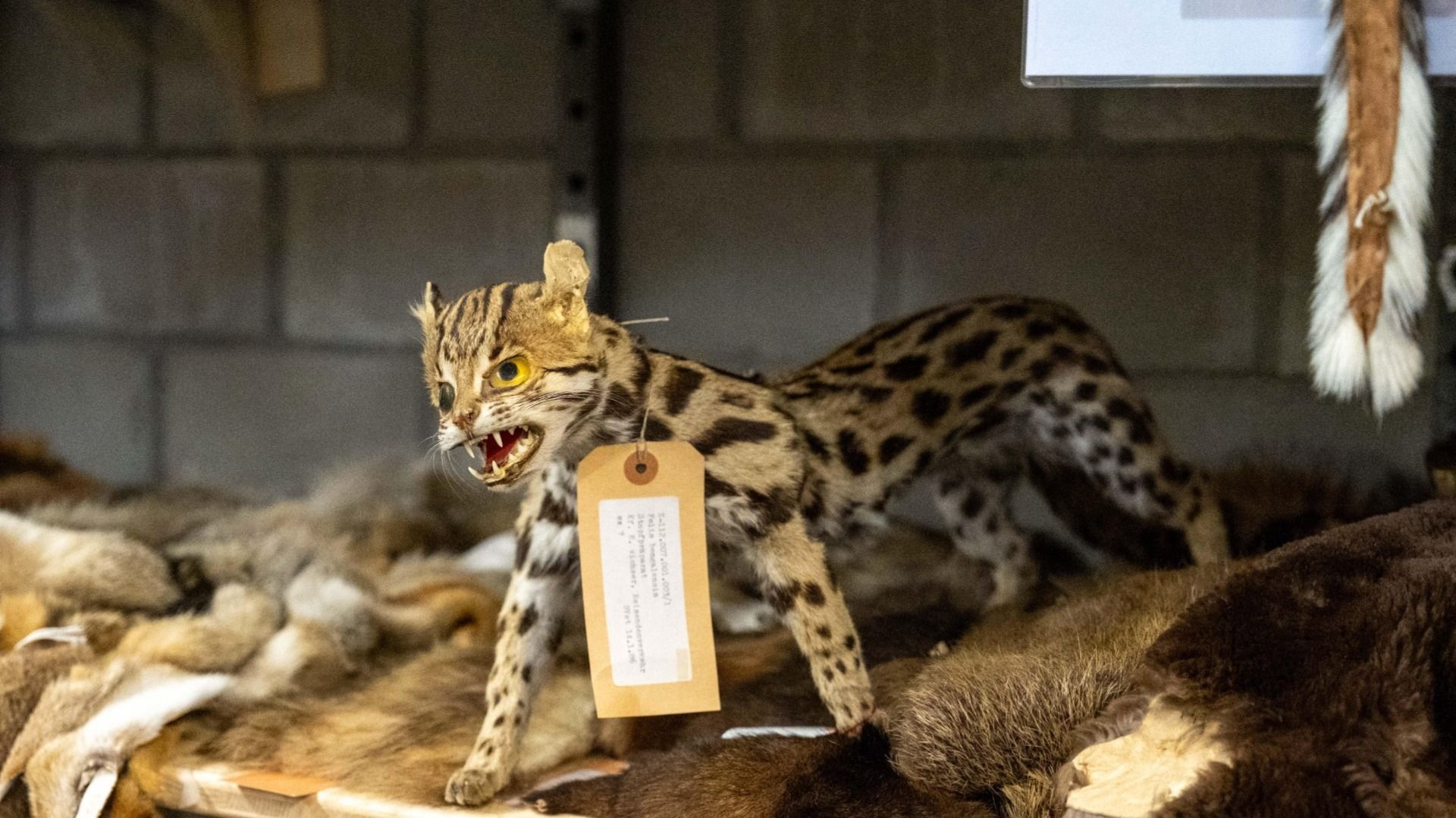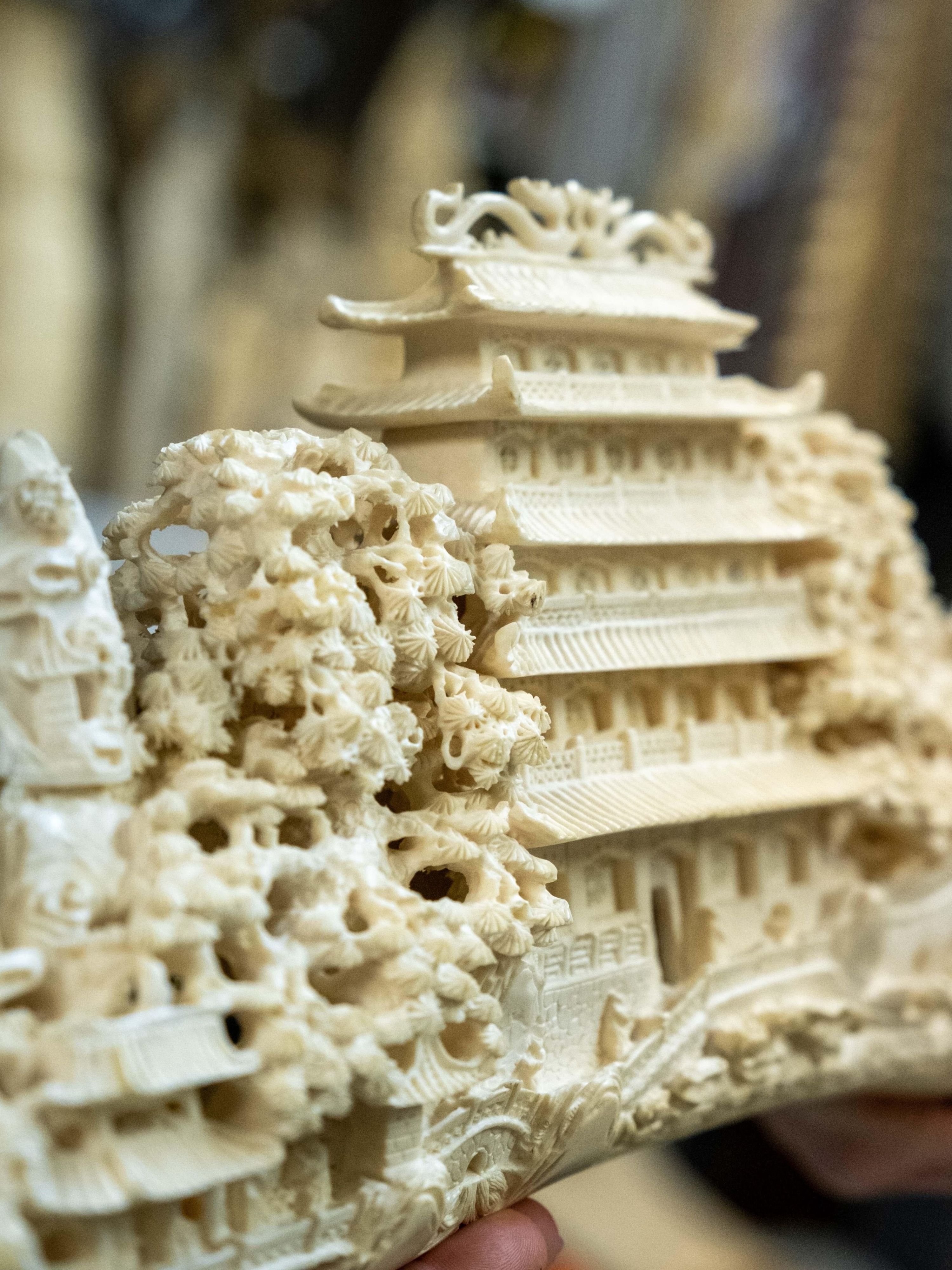Animal and plant protection at the Swiss border
Strict rules protect Swiss biodiversity and prevent the introduction of diseases and invasive species. The import of protected animal and plant species is governed by the Washington Convention (CITES) and is heavily regulated to protect Switzerland’s environment and economy.
Animals and plants are protected from the moment they enter Swiss territory
Are you planning to bring back an exotic snake from your holiday in Asia? Or to import rare flowers from South America? These kinds of plans can be risky, because Switzerland applies strict rules to safeguard biodiversity and prevent the introduction of diseases and invasive species.
The conservation of animal and plant species is an integral part of border control activities. The import of specimens of protected fauna species, governed by the Washington Convention (CITES), is only authorised under certain conditions or is prohibited: their international trade is closely monitored and importing them requires a certificate for the trade in goods. In some cases, entry into the territory may be prohibited if the species are intended for private use.
The import of fruits and vegetables from third countries (outside the EU and EFTA) is also largely prohibited, with the exception of pineapples, coconuts, durians, bananas and dates.
These measures are designed to protect the Swiss population, environment and economy.
Finds (consignments reported to the FSVO*
* Federal Food Safety and Veterinary Office
In 2024, the FOCBS detected 2,459 prohibited consignments of plants, fruit, vegetables, cut flowers, foliage and seeds from third countries (2023: 4,074).


.jpg?auto=format)
.jpg?auto=format)